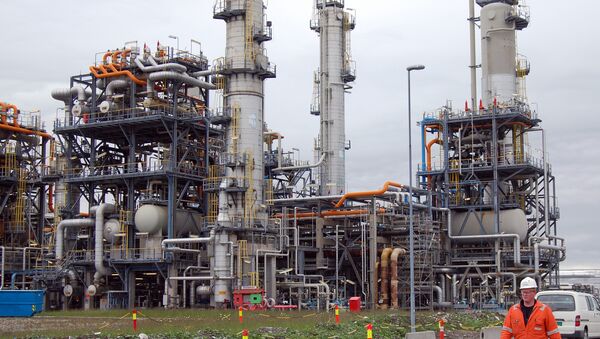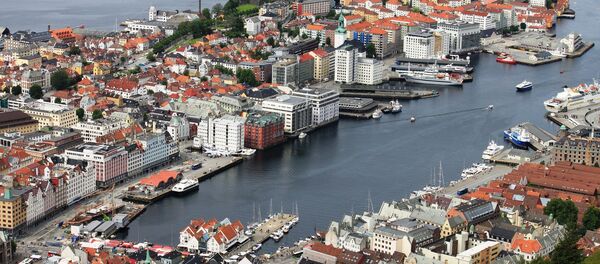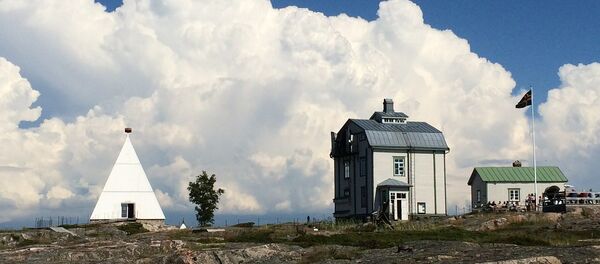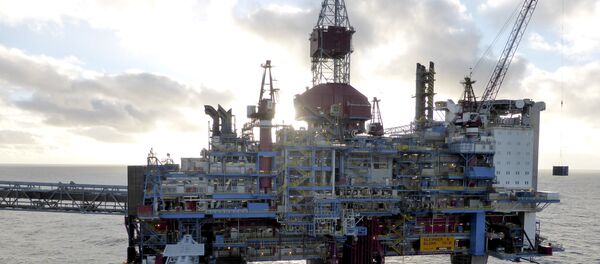Remarkably, women were more willing to forgo oil-related benefits than men. A total of 52 percent of Norwegian women admittedly support restrictions on Norwegian oil companies, as opposed to only 36 percent of men. The environmental commitment seemed equally distributed throughout the country, with the exception of southwestern Norway, where the oil industry predominantly operates and remains the backbone of the economy. Furthermore, only respondents aged 40-59 argued against the limitations.
"It's amazing!" a delighted Norwegian Greenpeace leader, Truls Gulowsen, rejoiced. "The importance of the double role Norway plays as an environmentally-conscious nation and an oil state begins to emerge all the clearer. The Norwegian oil production has been disconnected from climate issues for many years. It is very positive that an increasing share of the population agrees that we must limit the oil industry for climate reasons," Gulowsen said, hailing the new trend.
"It shows that people's opinions are more progressive than politicians' climate policies. The Norwegians' responsibility bodes well for the conversion we all have to go through," Ingrid Skjoldvær noted.
However, climate policy researcher Espen Moe was a little more sober about the results of the survey than most environmentalists. According to him, the Norwegian population seems to be almost equally divided, which means that Norway seems to be standing "with one foot in either of the camps."
Dazzling Shot in Lofoten by @simonroppel_photography #fubiz #lake #lofoten #photography
— Fubiz (@fubiz) July 27, 2017
Mention @fubiz if you wa… https://t.co/PkCp3RZIHD pic.twitter.com/IF8uV2MyVl
"It's hard to say if this represents something new because we do not have a similar survey to compare it with. However, my impression is that Norwegians would like to do more for the environment," Espen Moe said. According to him, though, their determination yet remains to be tested, as people in times of economic crises tend to prioritize their finances above all else.
Since the mid-1960s, when the first licenses were awarded, the oil industry has become the pillar of the Norwegian economy. The industry plays a vital role in the Norwegian economy and the financing of the Norwegian welfare state, being Norway's largest sector in terms of value added, government revenues, investments and export value.
In 2016, 185,300 people of Norway's total population of 5.2 million were directly or indirectly employed in the Norwegian petroleum sector, which indicates a 20 percent drop since 2013 due to an international oil slump.
In the 50 years since Norwegian petroleum activities began, about 48 percent of the estimated total recoverable resources on the continental shelf have been extracted and sold.





